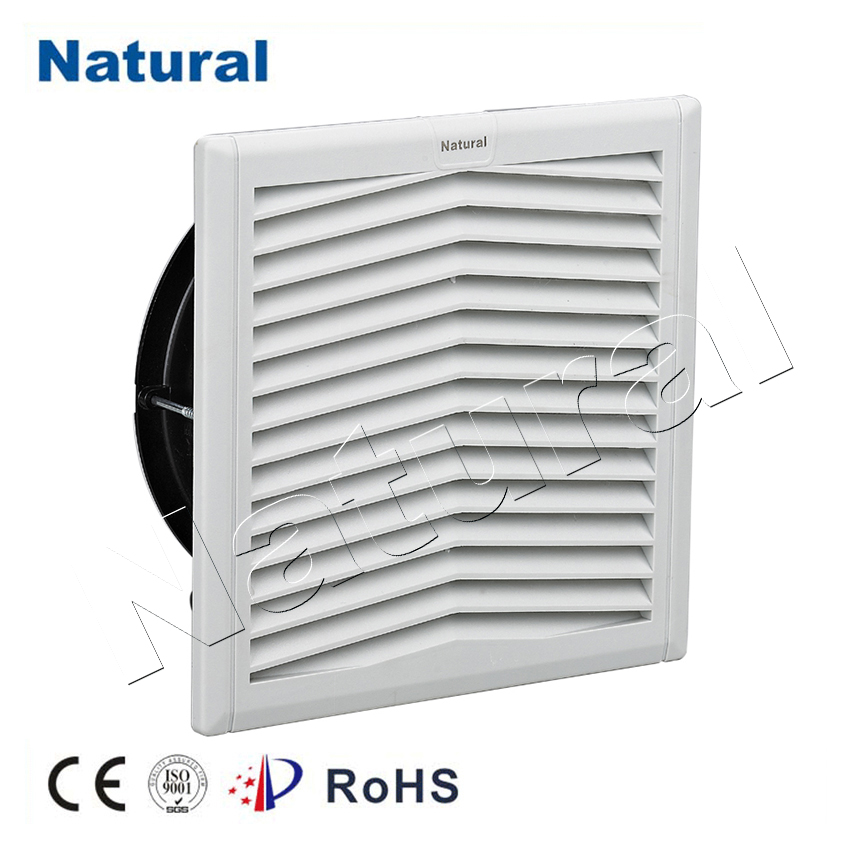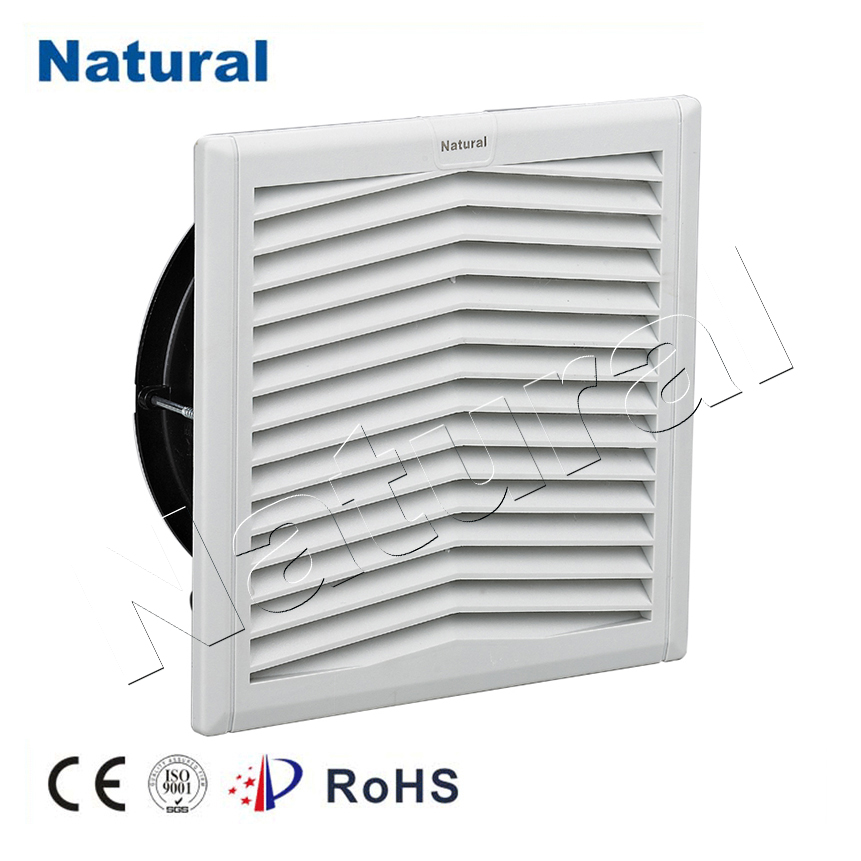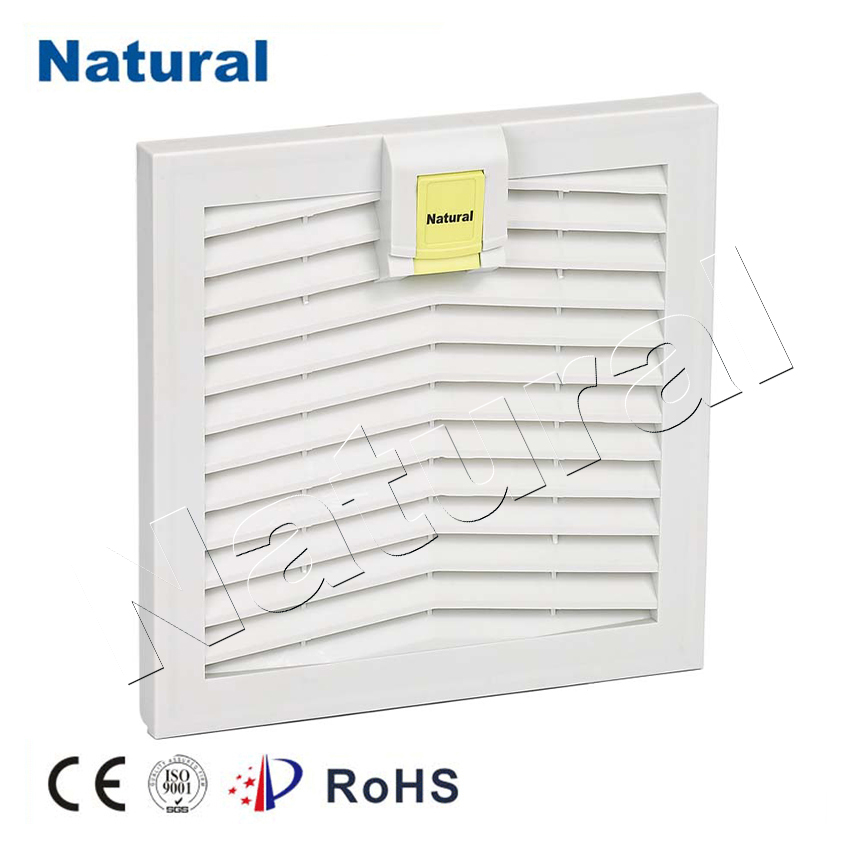In modern industries where cleanliness and controlled environments are critical, the demand for air filtration systems has surged. One such essential component is the Fan Filter Air Unit (FFU). These units play a vital role in maintaining the air quality and cleanliness levels in environments like cleanrooms, laboratories, hospitals, and manufacturing plants. FFUs help ensure that the air circulating in these spaces is free from contaminants, safeguarding both the products being manufactured and the health of workers. This article delves into the components, functioning, benefits, and applications of FFUs in various industries.

What is a Fan Filter Air Unit?

A Fan Filter Air Unit (FFU) is a self-contained system that integrates a fan and a high-efficiency filter, usually a HEPA (High-Efficiency Particulate Air) filter or sometimes ULPA (Ultra-Low Penetration Air) filter, designed to purify air in environments that require stringent air quality controls. FFUs are often installed in the ceiling grid of a cleanroom, where they work by drawing in room air, filtering out particles, and then pushing out clean air into the environment. Typically, these units are equipped with a high-efficiency particulate air filter that can capture particles as small as 0.3 microns with a particle removal efficiency of 99.97%. The fan component inside the unit forces air through the filter, ensuring that only clean, filtered air is distributed into the workspace. In some advanced FFU models, the air distribution and airflow speed can be adjusted to suit specific environmental needs.
